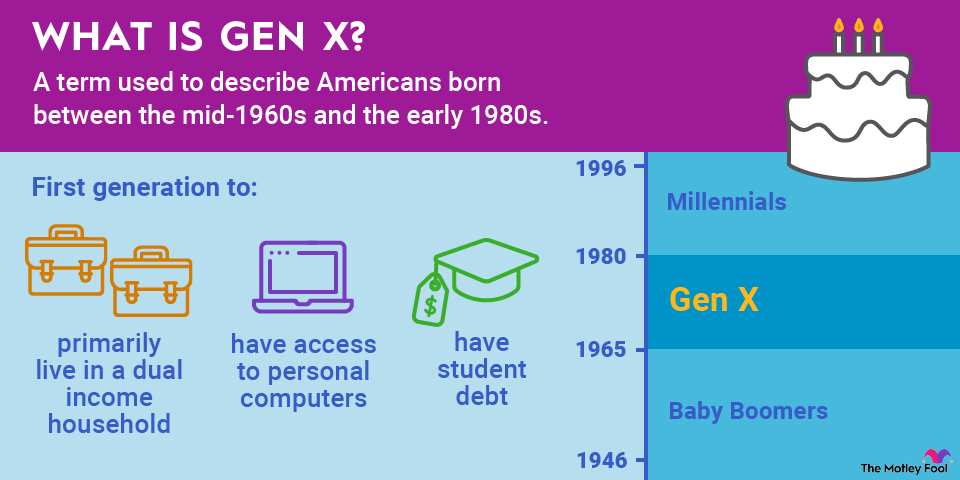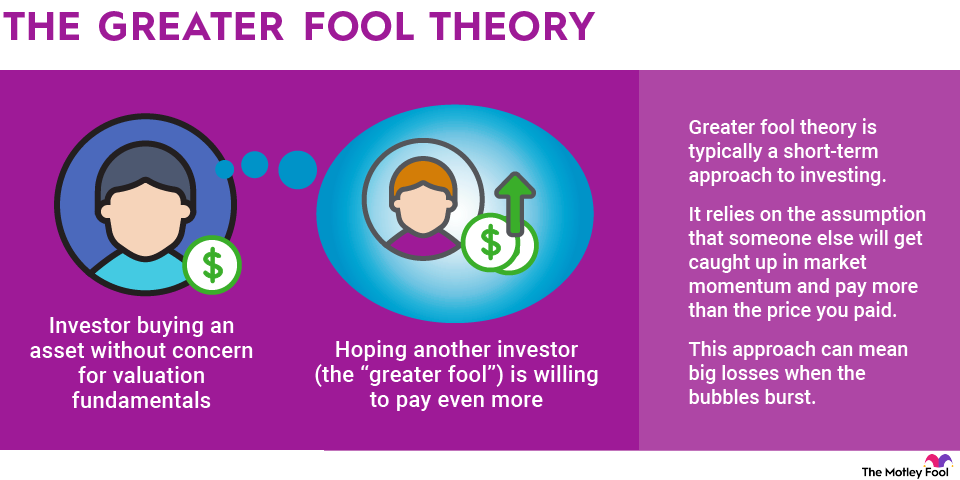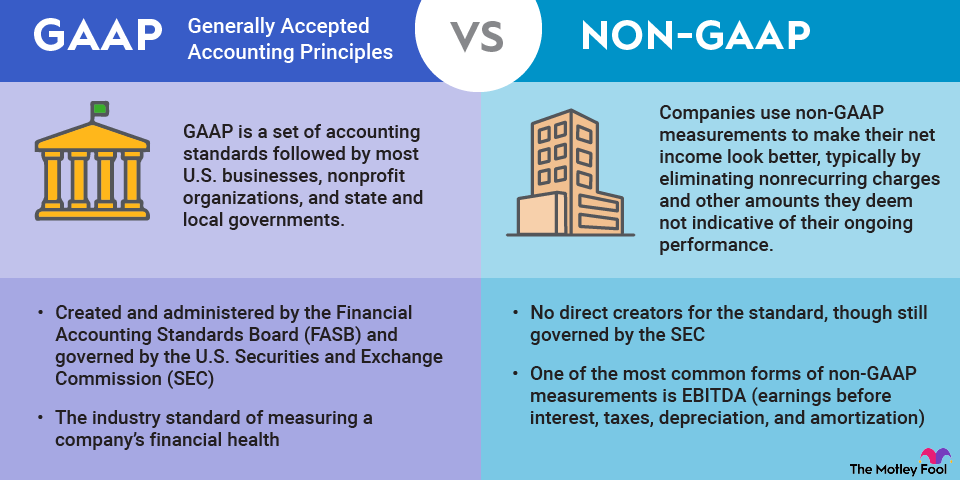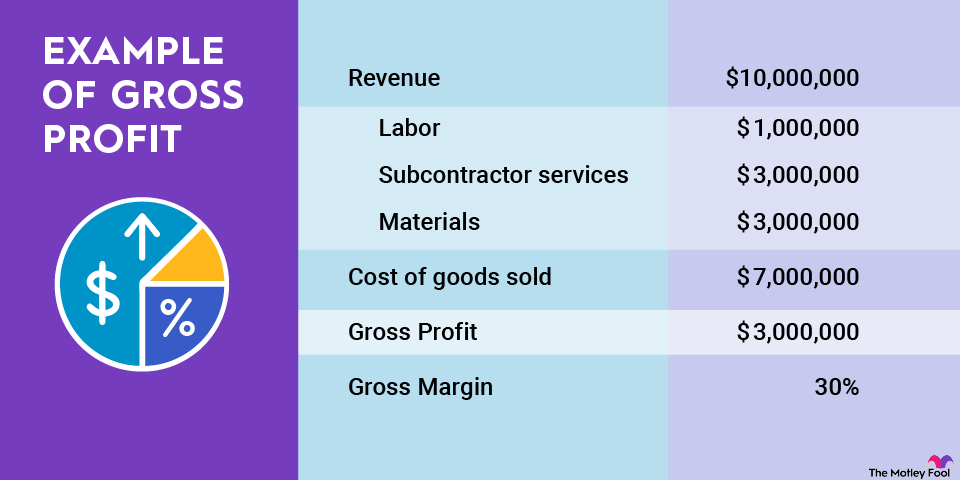Generations are categorized and labeled because their populations often share attitudes, perceptions, and values. Understanding generational differences can help you engage and interact with coworkers, friends, and family more productively.
Demographics
Gen X, or Generation X, is a term used to describe Americans born between the mid-1960s and the early 1980s. The people in this demographic, most commonly called Gen Xers, are older than millennials and younger than baby boomers. They're also known as baby busters, the latchkey generation, post-boomers, and the MTV (Music Television) generation.

Below, you'll learn about the Generation X experience and the characteristics that have become associated with this cohort.
Understanding Generation X
The exact birth years of Gen X vary depending on the source. The most common range is 1965 to 1980, according to market researcher Beresford Research. Others have defined the range as 1961 to 1981.
Growing up in this era, Gen Xers were more likely than previous generations to have single parents, divorced parents, and/or two working parents. As such, many Gen Xers were latchkey kids who came home from school to an empty home. They'd manage on their own until the end of their parents' workday.
The latchkey experience, as well as the major economic and cultural events that occurred in the 1970s, 1980s, and 1990s, is thought to have contributed to the common attitudes and values of Generation X.
The Generation X experience
Generation X grew up in tumultuous economic times. They likely watched adults around them managing stagflation in the 1970s, plus an energy crisis, recession, and inflation in the 1980s.
As Gen X approached adulthood, college tuition rates were rising rapidly. Many Gen Xers entered the workforce with large student debt balances as a result. Those who graduated college in the early 2000s also grappled with the recession and a tough job market.
Combined with the Baby Boomer's strength in the workforce, that challenged Gen X to find economic stability. This would be the first generational group to risk being worse off financially than their parents.
Generation X also experienced major political shifts in their younger years. They lived under the pressure of the Cold War and then saw the Soviet Union collapse.
They saw drug addiction and AIDS ruin lives around them. Then, they experienced the responses to those epidemics, including the U.S. war on drugs and the rise of safe sex practices.
Generation X was also the first generation to grow up with broad access to personal computers and cable television. MTV launched in 1981 and was a primary cultural force among this bunch.
Generation X characteristics
Any discussion about generational characteristics comes with a caveat that shared descriptors never apply to everyone in the group. The qualities associated with Generation X are simply more common among this group than prior or later generations.
Traits associated with Generation X include independence, resourcefulness, and cynicism. The independence and resourcefulness logically relate to the latchkey experience.
Many of these kids spent far more time without supervision than their parents did. Cynicism may be an outcome of being exposed to many levels of uncertainty in their younger years. Economies rose and fell, parents divorced, and college educations no longer guaranteed financial stability.
Being tech-savvy is another quality associated with Generation X, although this is relative to prior generations more than later ones.
Origins of the moniker
According to researcher Stephen Katz, the name Generation X came to mean "lost, unknown, disaffected, cynical" well before this generation was born. War photographer Robert Capa first used it to describe disillusioned teens who grew up during World War II. The meaning was reinforced in the 1960s by the book Generation X, which covered the mod teenage lifestyle in postwar Britain.
The next decade saw the brief rise of the English punk band Generation X. The band, which included rocker Billy Idol, had a few hits before breaking up in 1981.
Related investing topics
Ten years later, author Douglas Coupland wrote the novel Generation X: Tales for an Accelerated Culture. The book is credited with popularizing the label for the generation that followed baby boomers. The collection of stories follows a group of 20-somethings who quit their low-paying jobs to find purpose and meaning in Palm Springs, California.
In a review of the book, the San Francisco Chronicle described it as "a readable and valid account of a generation that envisions a completely new genuine genre of bohemianism."


















